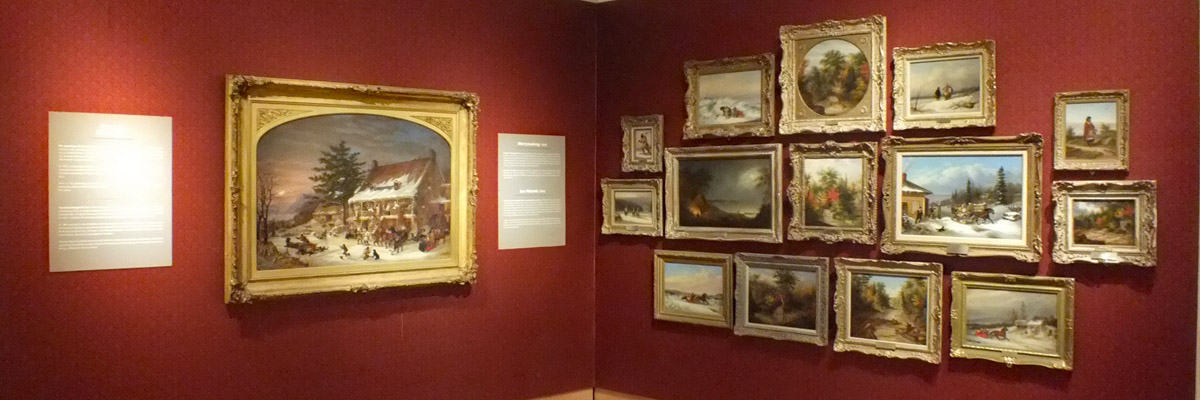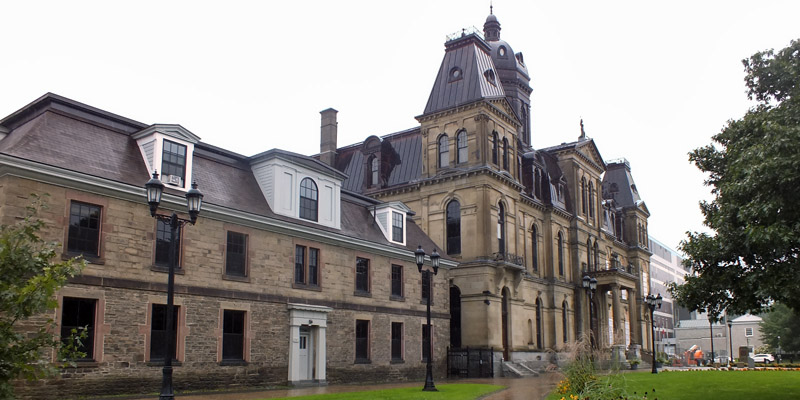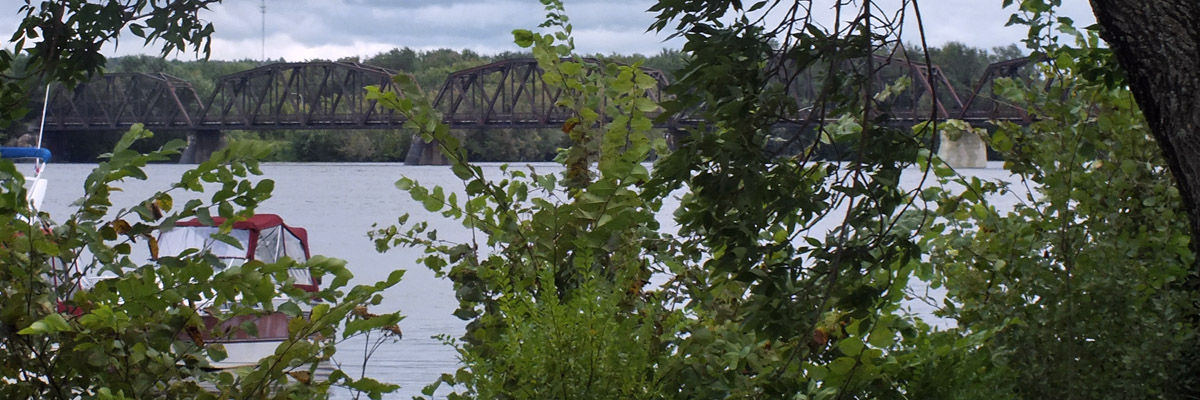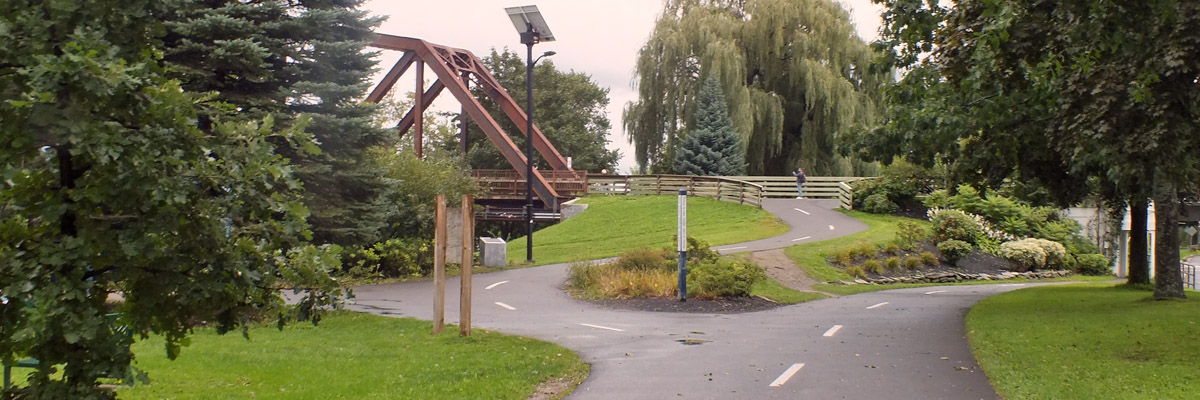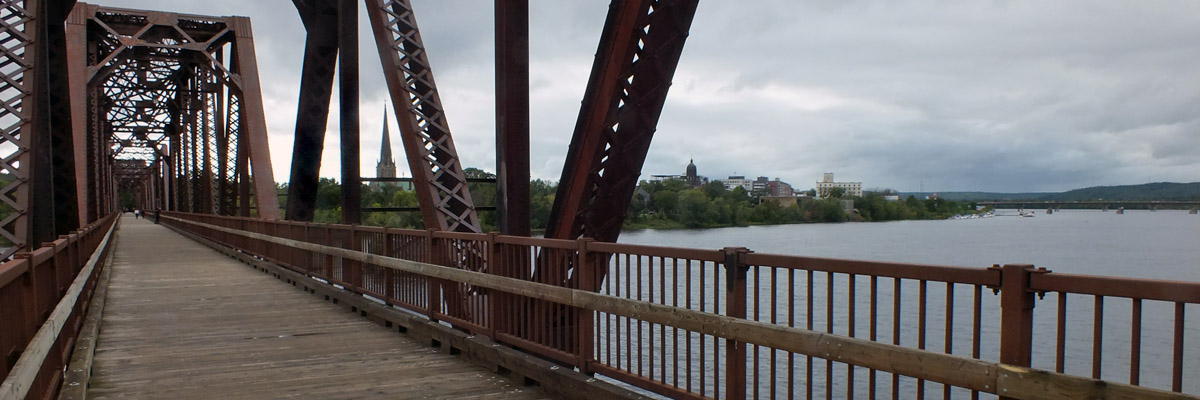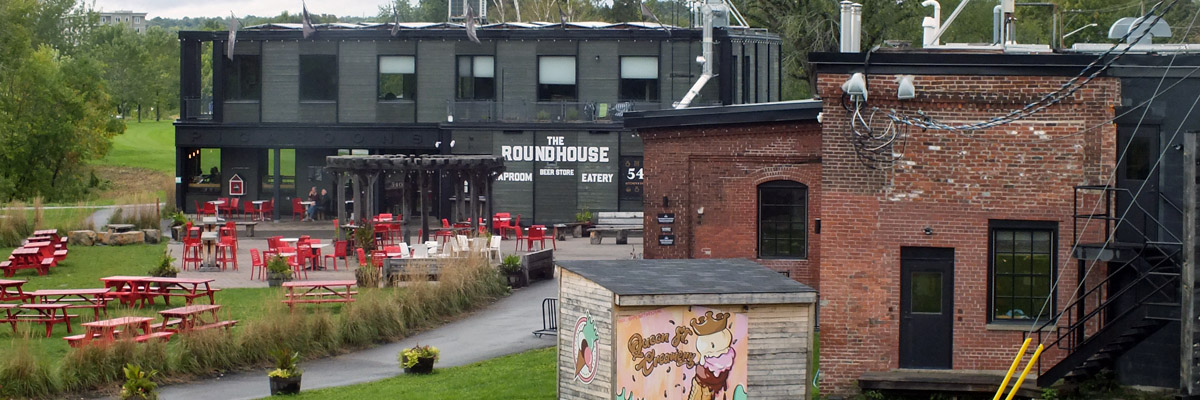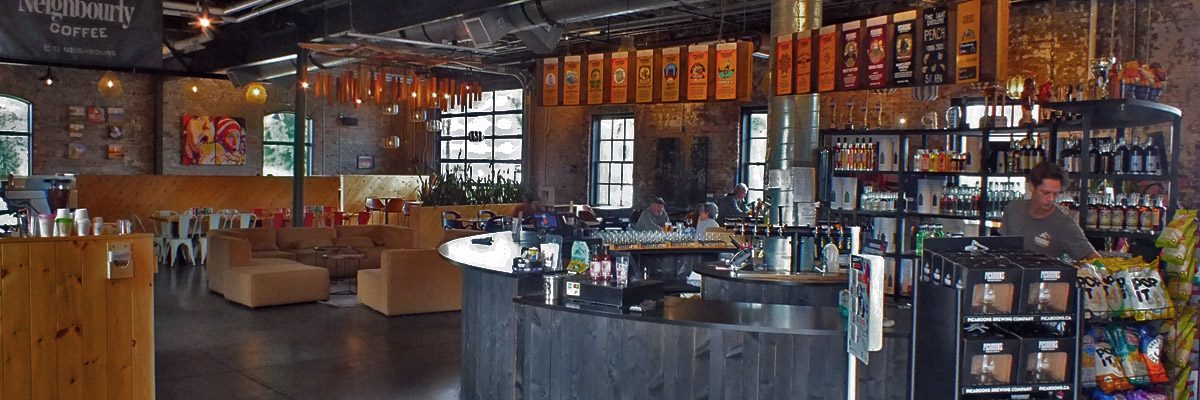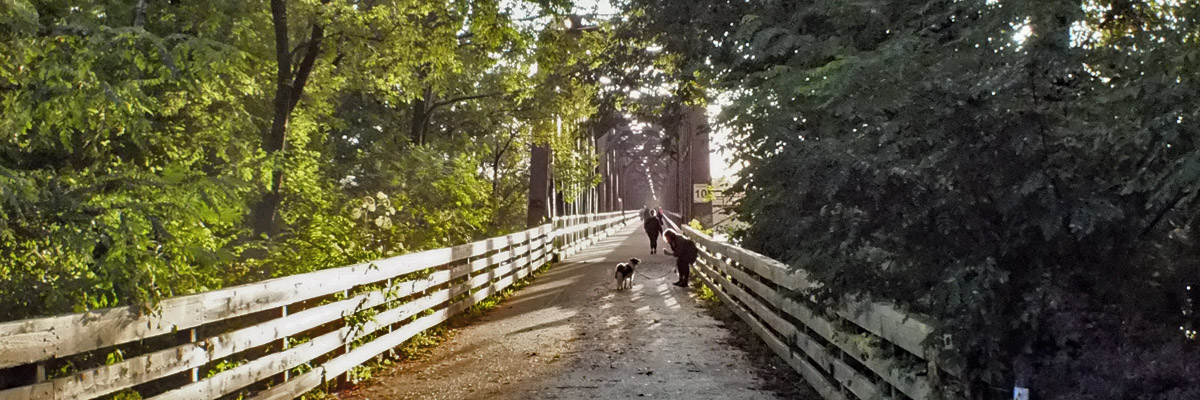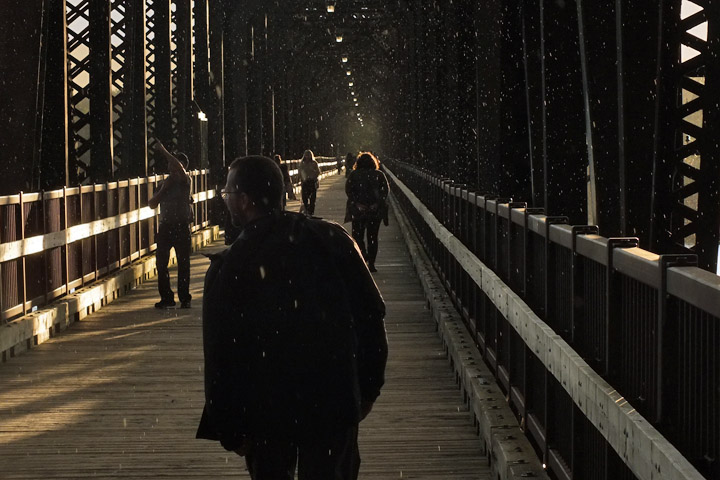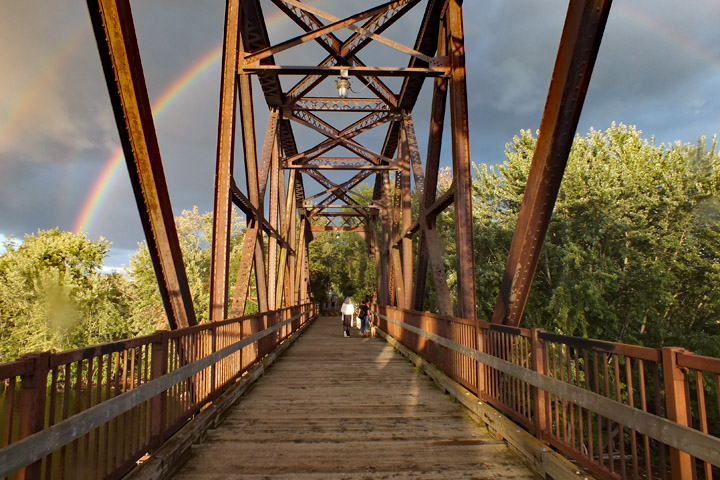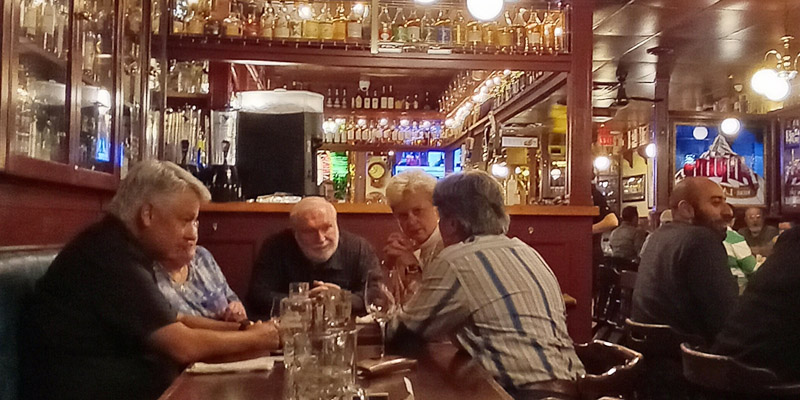|
Tuesday 19 September 2023---To encapsulate the life of William Maxwell Aitken, 1st Baron Beaverbrook (1879-1964) in a few sentences is not an easy task. Industrialist, press baron, wartime cabinet minister, historian, university chancellor, philanthropist...there, I've done it ten words. Of course, it is far more complicated than that. Born in Ontario, he was raised in New Brunswick, and always considered that province home. His business sense, good connections, and doubtless a bit of luck led him to success and fortune at an early age. At one point, he controlled four-fifths of Canada's concrete production. But when his business ambitions outgrew his native country, he relocated to the UK, where his Daily Express became the largest-selling newspaper in the world. Elected to Parliament in 1910, he was influential during World War I, largely behind the scenes. He concentrated on business between the wars, but was a close confidant of Winston Churchill. It probably wouldn't be fair to judge him on his early dismissal of the danger presented by Adolph Hitler; he wasn't alone in that. But as a self-described isolationist (which position didn't prevent him from being an ardent imperialist), he was strongly opposed to involvement in a growing conflict that he saw as irrelevant to British interests. Nevertheless, once the UK was engaged, he supported the war effort wholeheartedly, using the press to disseminate patriotic encouragement. Churchill made him Minister of Aircraft Production in 1940. There is a good deal of debate regarding his presumed responsibility for the subsequent leap in production. His personal style for getting things done, which can charitably be described as "no-nonsense", made him more than a few enemies. But he was a good propagandist, and at the very least, he didn't hurt.
Beaverbrook was certainly seen by many as a great man in his time; by today's standards, there is much to find fault with. He was an unapologetic colonialist, and a believer in the superiority of "the British race." He was a serial philanderer, as well...I'll leave it there, and suggest you read his Wikipedia article if you want to learn more horrible things about him. What concerns us today is his philanthropic legacy (which includes donations to the University of New Brunswick and other educational institutions), and in particular the Beaverbrook Gallery, which he endowed in 1959, and to which he bequeathed his personal collection, mostly British paintings. The Gallery's collection has grown from the initial 300 works to more than 5,000 pieces, broadly categorized as British, Canadian, New Brunswick, and international. Many of the more recently-acquired works are by artists who are decidedly not of the British race, including members of regional and Canadian First Nations. One wonders, if only for a moment, what Beaverbrook would think of that. A few things that catch my eye, on our visit this morning:
• Grandfather Akwiten, believed to be the oldest birchbark canoe in the world--built by Maliseet craftsmen in the Saint John valley two hundred years ago, it spent most of that time in Ireland before being repatriated a few years ago;
• Works by Cornelius Krieghoff (1815-1872), Dutch-born painter of Canadian scenes, particularly the everyday activities of Québecois peasantry;
• A portrait of Fredericton native Willie O'Ree, the first black to play in the National Hockey League, by Tim Okamura;
• Santiago El Grande, a 13-foot canvas by Salvador Dali, depicting Saint James the Great, patron saint of Spain (which I did not photograph);
• The Crew of HMS 'Terror' Saving the Boats and Provisions on the Night of 15th March (1837), by George Chambers. The Terror was one of the two ships lost in the ill-fated Franklin expedition of 1845. It was news to me that the same vessel had been in a similar pickle in Hudson's Bay eight years earlier. This video from the gallery explains all.
My time perusing the Gallery is not long...I'm not feeling very well, and decide to go back to bed for a bit. It's the long travel day, I guess, along with the dreich weather, which affects me more and more as I get older. (I'm quite sure the two brewpubs last night have nothing to do with it). Ron rouses me in the afternoon, and we walk across the Saint John River on the old rail bridge to have dinner and a few pints at Picaroon's Roundhouse. The faithful reader will recall that I enjoyed Picaroon's General Store in Saint John back before the recent disturbance. Back in downtown Fredericton, I suggest a visit to The Lunar Rogue, my favorite pub here back in the bus touring days. At the bar, I ask after the proprietor, Frank Scott, whom I met once after making his acquaintance on one of the on-line whisky forums. The barmaid informs me that he is sitting a few feet away, and so he is. He's kind enough to chat with me for a few minutes, although I'm pretty sure he doesn't remember me. Frank is the founder of the New Brunswick Spirits Festival, which has grown to be one of the premiere events of its kind anywhere, let alone Atlantic Canada. Talk of such arouses my thirst, and Ron and I enjoy a dram with our pints before retiring for the evening.
Next
|






